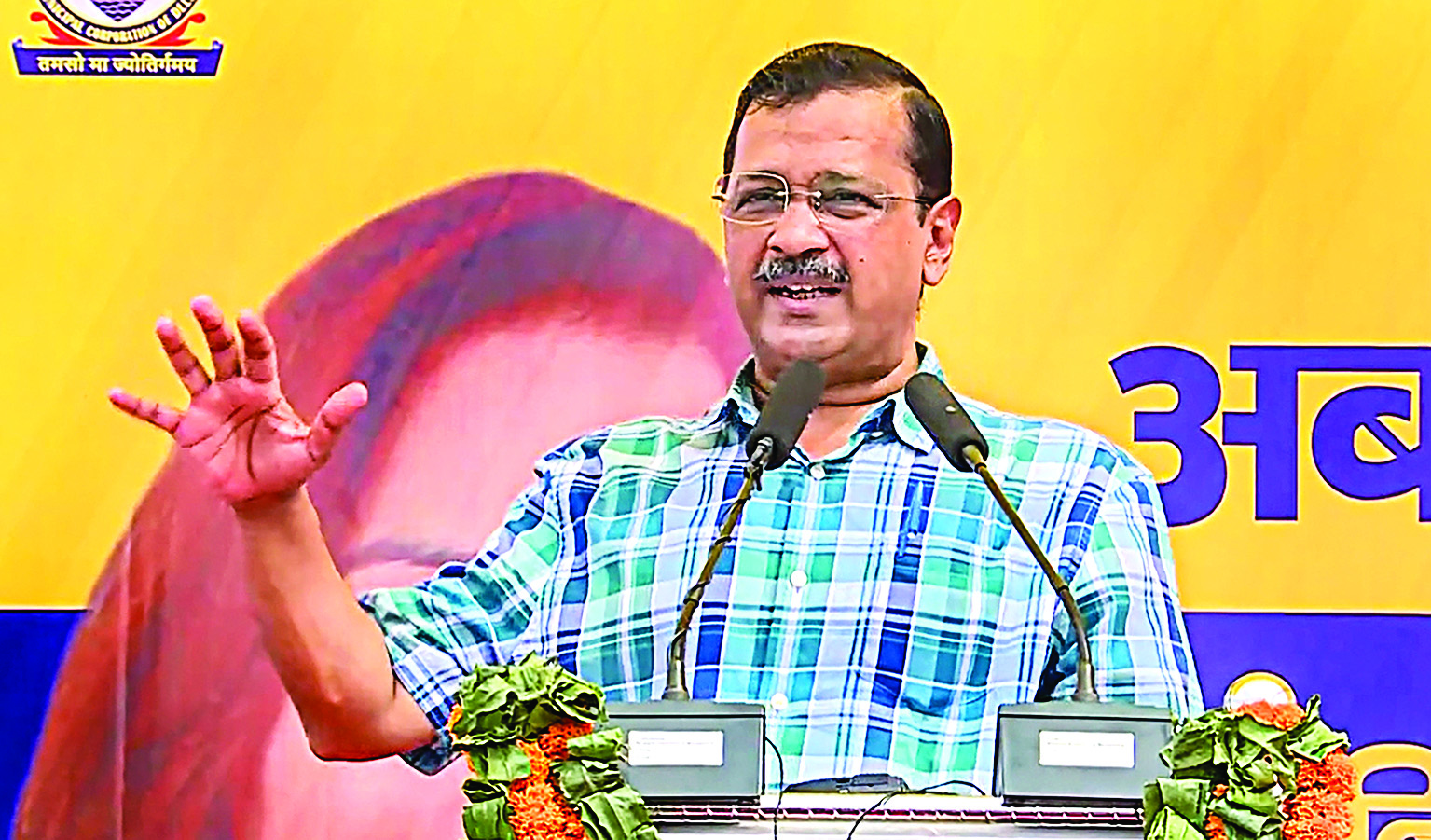CM okays scheme for transition of commercial vehicles to EVs

New Delhi: In an initiative aimed at promoting green and sustainable urban mobility, Chief Minister Arvind Kejriwal has approved the Delhi Motor Vehicle Aggregator and Delivery Service Provider Scheme 2023.
The scheme establishes clear guidelines for the transition of commercial vehicles to electric vehicles (EVs) while setting high standards for service quality and public safety.
One of the scheme’s most notable features is the mandate for commercial vehicle fleets operated by aggregators, delivery service providers, and e-commerce entities in Delhi to transition to EVs by 2030. By taking this momentous step, Delhi has become the first city in India, and one of the few cities globally, to enforce a time-bound transition to zero-emission electric vehicles.
Kejriwal emphasised the significance of this step, stating, “Today, I have given my approval to the historic Delhi Motor Vehicle Aggregator and Delivery Service Provider Scheme. It marks a significant milestone in Delhi’s fight against pollution. With this, Delhi has become the first state/UT in India, and among very few cities globally, to mandate a time-bound transition of commercial vehicle fleets of aggregators, delivery service providers, and e-commerce entities to zero-emission electric vehicles.”
Transport Minister Kailash Gahlot applauded this initiative and emphasised that the scheme’s objectives align with the government’s commitment to enhancing the well-being of Delhi’s residents while safeguarding the environment. “The scheme signifies a notable step in the direction of achieving clean and efficient transportation in Delhi, with the objective of addressing pollution and enhancing air quality,” he said.
Key highlights of the scheme include promoting sustainable mobility, allowing electric bike taxi services, establishing stringent service quality standards, and emphasising public safety. These provisions aim to ensure cleaner, efficient, and safer transportation services in the city.
The scheme applies to aggregators, delivery service providers, or e-commerce entities with 25 or more motor vehicles (2-wheelers, 3-wheelers, and 4-wheelers, excluding buses) in their fleet. To ensure adherence to these new regulations, all existing and new operators must obtain a license within 90 days of the scheme’s notification or before commencing operations. These licenses will be valid for five years, with electric vehicles exempt from fees, and vehicles under two years old benefiting from a 50 per cent rebate.
In its mission to enforce compliance, the scheme includes stringent monetary penalties for violations, ranging from Rs 5,000 to Rs 100,000 per instance.
Furthermore, the scheme defines phase-wise electrification targets for compliance. Aggregators’ new fleets will transition to 100 per cent electric two-wheelers and achieve targets of 10 per cent electric three-wheelers in six months, 50 per cent in two years, and 100% in four years. For four-wheelers, the scheme stipulates achieving 5 per cent electric
vehicles in new fleets in six months, 50 per cent in three years, and 100 per cent in five years, with all aggregator fleets transitioning to electric vehicles by April 1, 2030.
Delivery service providers must also meet electrification targets, with 10 per cent of two-wheelers and three-wheelers being electric in six months, 50 per cent in two years, and 100 per cent in four years.



